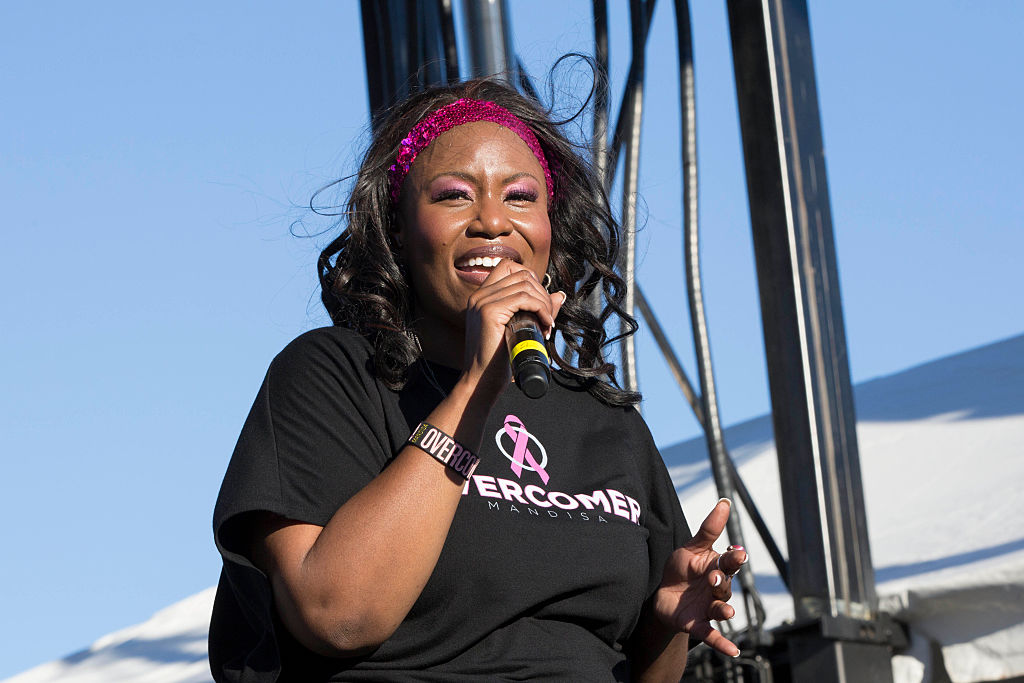WASHINGTON (AP) — Challenges at the polls, voter confusion and potential problems with provisional ballots in many key states are among the top Election Day concerns for voting rights groups and the presidential campaigns themselves.
Voting-rights advocates point with particular concern to the tea party-linked True the Vote organization, which has pledged to dispatch thousands of monitors to polling places to guard against potential voter fraud.
"We know they have targeted purposefully African-American and Latino polling places," said Barbara Arnwine of the Lawyers Committee for Civil Rights Under Law. "Right now in several states American voters' ability to vote is in jeopardy."
True the Vote President Catherine Engelbrecht, however, rejected suggestions that the Houston-based group would be overly aggressive or issue false challenges.
"Contrary to various interest groups' statements, True the Vote has never been investigated or charged with intimidating voters," she said. "A poll watcher's sole purpose is to monitor the process of our elections. They are trained to never speak with voters, only authorities within the poll."
Meanwhile, voters in several storm-ravaged areas in New York and New Jersey expressed relief and even elation at being able to vote at all, considering the devastation from Superstorm Sandy. Lines were long in Point Pleasant, N.J., where residents from the Jersey Shore communities of Point Pleasant Beach and Mantoloking had to cast their ballots due to damage in their hometowns. Many people still have no power eight days after Sandy pummeled the shore.
"Nothing is more important than voting. What is the connection between voting and this?" said Alex Shamis, a resident of hard-hit Staten Island, gesturing to his mud-filled home.
Elsewhere, the concern over poll monitors is only the latest in months of legal and political battles over more voter ID restrictions and other laws, mostly fruitless hunts for supposedly ineligible people on voting rolls in many states and sustained claims that black and Hispanic voters are being targeted for intimidation and suppression.
Michael Waldman, president of the Brennan Center for Justice at New York University, said even in states where the restrictive laws have been blocked or delayed, many people still think they are in effect.
"The laws were struck down but the confusion remains," Waldman said.
Many of these issues could resurface in the courts after Tuesday, particularly if the race between President Barack Obama and his Republican challenger, Mitt Romney, is too close to call or heads for a recount in states such as Ohio or Florida.
The Justice Department will have at least 780 observers at key polling places in 23 states to ensure compliance with the 1965 Voting Rights Act and look into any allegations of voter fraud.
Provisional ballots were the latest legal skirmish in the critical battleground state of Ohio, where Secretary of State Jon Husted's decision on how they can be cast was challenged in federal court. Advocates and lawyers for labor unions contend Husted's order would lead to some provisional ballots being rejected improperly because the burden of recording the form of ID used on a provisional ballot is being placed on voters, not poll workers as in the past.
A decision was not expected before Election Day, but the judge overseeing the case planned a ruling before Nov. 17, when provisional ballots can begin to be counted in Ohio. Provisional ballots are used more often in Ohio than in most states, with experts predicting between 200,000 and 300,000 will be cast there.
"That could be a huge problem after Election Day for counting ballots," said Wendy Weiser, director of the Brennan Center's Democracy Program. "There's really tens of thousands of voters in Ohio whose votes could be at risk."
In Florida, where Democrats unsuccessfully tried to extend early voting by an extra day, election officials in most of the state's biggest jurisdictions were accepting in-person absentee ballots Monday. A chaotic scene Sunday in Miami-Dade County, where the election office opened, closed and then opened again, was not repeated Monday. There were still long lines of people but a much more orderly process.
About 200 people were waiting in line at midday Monday at the main Miami-Dade election office. Olga Vila said she only waited about 10 minutes to cast her ballot.
"I figured the lines were going to be worse tomorrow," the 47-year-old accountant said. "We Latin people wait until the end. That's why I'm here today. I should have mailed it a week ago."
















